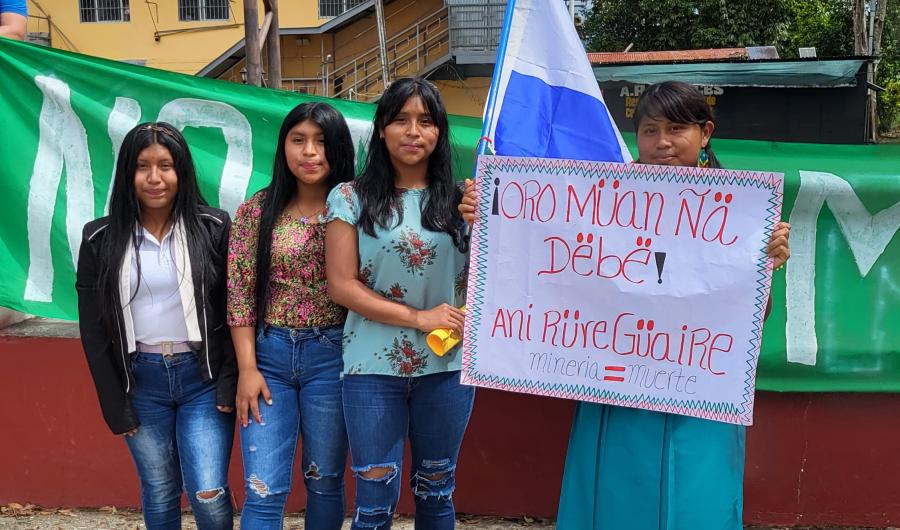It began on July 2 when workers for the Bocas Fruit Company went on strike because they had not been paid for two weeks. By July 8, police reported 7,000 protesters in Bocas del Toro province, and on July 9 the estimate rose to 10,000. The largely Indigenous population poured out its anger over new laws and government repression by marching and blockading the major roads. Police cracked down with brutal force, killing at least two and possibly as many as seven Indigenous protesters, injuring and jailing hundreds, and affecting thousands with tear gas. Many Indigenous protesters fled to the mountains carrying the wounded, fearful of seeking medical attention. Even after a temporary agreement was reached on July 11, ending the strike, there are no confirmed figures for the dead and wounded.
Anger against a government that is deaf to their appeals and disrespectful of their rights has simmered for years among the Indigenous tribes of Bocas del Toro. Last year, the Inter-American Human Rights Commission ruled that Panama must institute precautionary measures to guarantee the human rights of the Ngobe people, represented by Cultural Survival, whose homes are being destroyed for construction of the Chan75 dam on the Changuinola River—but Panama ignored the ruling. In recent weeks, the government passed new laws that weaken labor unions, deny workers’ right to strike, eliminate the requirement for Environmental and Social Impact Studies, and authorize 2-year jail sentences for street protesters, among other measures that favor multinational corporations at the expense of Panama’s people and environment.
The July 11 agreement establishes a 90-day peace period during which the government will review the new laws, establish a citizens panel to investigate the July protests and the police response, compensate the families of the dead and wounded, and carry out discussions on issues of concern to the Indigenous Peoples and the banana workers. Cultural Survival is consulting with the Indigenous groups to assess how we can most effectively advocate for their rights in an increasingly repressive political climate.



